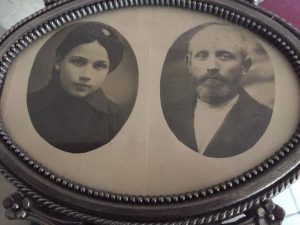(Note – For explanations about the “Who were you, Dora?” series, click here.)
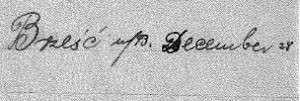
Since Dora’s letter’s all had Brest-on-the-Bug written by the dates, I immediatly assumed that the river we saw shortly after beginning to walk around the city of Brest was the BUG. It was not. It was the Mukhavetz River. In fact, when Dora mentioned not having the opportunity to bathe in the river in a letter, or my grandmother used to say that the Gefilte fish they made was only from Carp (and not a mix) because that’s what they had in the river, they may have been referring to the Mukhavetz. Though, in their day the city was under Polish rule and the Bug river was not on the border, so they may have spent more time there than later day residents. Notice my use of the word “may“? In the first few hours I learned the basic rule for a Heritage traveller, especially in relation to the big cities (which have changed dramatically since the war, much more than the villages)- never jump to conclusions. The trip is another part of the ongoing research process.
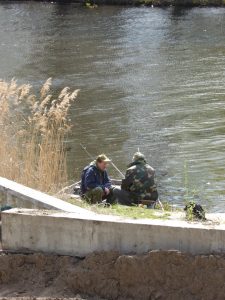
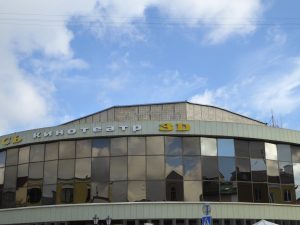
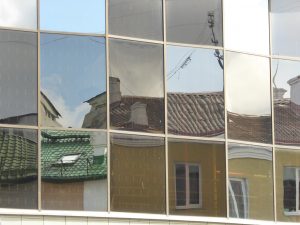
Dora’s last letter, from August 25, 1940, had an address on it, and the address is in Russian. Which means that the street name has remained the same. But the street has been rebuilt, the numbers reassigned, so we went to see where their apartment with a cellar may have stood. But then again, by 1940, Dora and her father were the only two of the former nine family members who once lived together in Brest. This is before they were moved to the Ghetto but they may have had strangers added to their apartment or themselves moved to this address by this time. So this may not have been the location of my grandmother’s childhood home. The only thing Dora writes is that her father is working in a State Working Place. Ominous sounding. Especially as we knew what his occupation was before. All previous letters were written on the letter head of her father’s workshop, Pracownia Kotlarska which also had an address. A Polish street name but our guide knew the name it had been changed to.
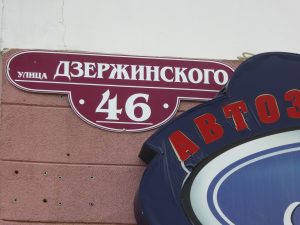
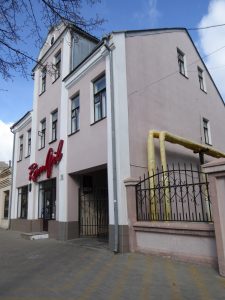

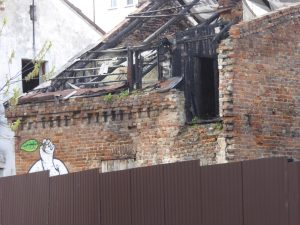
When we stopped trying to locate specific things from the letters (we looked at her possible school site as well), we began appreciating how our guide, Andrei, was able to point out the finer details that have remained from the past. Dora would have moved around the town on foot. But the streets in Brest were not cobblestones, they looked like this
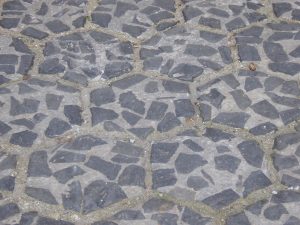


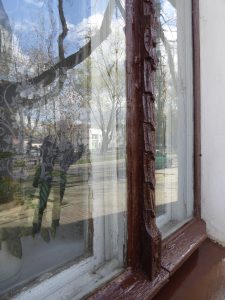
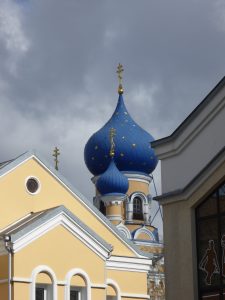
Obviously, life isn’t a Hollywood movie where you find the ancestral city home still standing and a letter with unknown pictures tucked into the window frame. Especially in a place which was such a battleground. On a heritage trip it is important to understand the greater context in which the events we are interested in took place. Our visit to Brest ended with a tour of the Brest fortress. After hearing about the battle there one ceases to wonder why they would erect a giant statue called “Thirst” beside the GIANT statue called Courage.
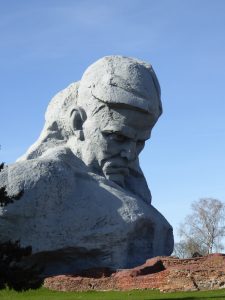
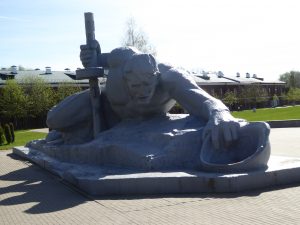
More archive research needed…
